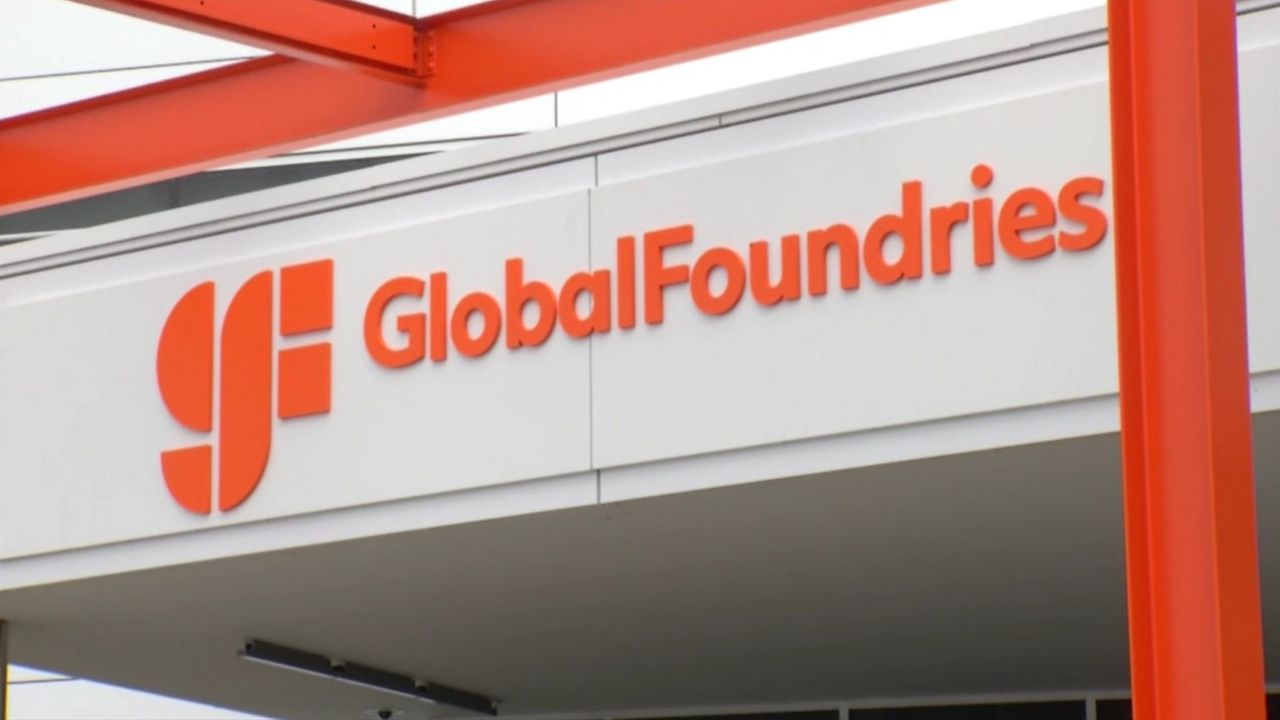GlobalFoundries is receiving $1.5 billion for chip manufacturing.
The money will be used to create a new, large-scale fabrication facility alongside its current facility in Malta. Funding will also be used to expand the existing facility.
The funding is part of an investment from the CHIPS and Science Act. The grant was initially proposed in February.
"This investment will make sure America’s semiconductor future is made in the Capital Region, not China,” Sen. Chuck Schumer said in a statement Wednesday. "The essential chips GlobalFoundries makes are critical for the auto industry, national defense, and dozens of other technologies from smart phones to artificial intelligence. This major investment will help secure America’s supply chains and protect against the shortages that led to skyrocketing prices for cars, computers, and more that hit families during the COVID-19 pandemic as a result of us not producing enough of these chips domestically."
It's estimated, according to a release, that the new projects will "create approximately 9,000 construction and 1,000 manufacturing jobs across both sites."
Gov. Kathy Hochul on Wednesday said a separate state package of funding includes $515 million for green CHIPs performance-based tax credits; $10 million for workforce development training; and $25 million for infrastructure funding.
“Thousands of good-paying jobs are coming to the Capital Region because of the work we’ve done to strengthen our high-tech manufacturing economy," Hochul said. "GlobalFoundries has a proven record of creating jobs in New York and we are proud to support their continued growth and commitment to New York."
The facility in Malta will receive $1.3 billion, while the remaining funding is going to a GlobalFoundries location in Vermont. Schumer's statement noted that only four companies outside China "provide current and mature foundry capabilities at the scale of GlobalFoundries," and of those four, only GlobalFoundries has American headquarters.
"This investment in GF will advance U.S. economic and national security by increasing domestic manufacturing capacity, strengthening supply chain resilience, and onshoring technologies in the U.S. for the first time that are important to the U.S. defense and intelligence communities," read a release from the Biden administration.



